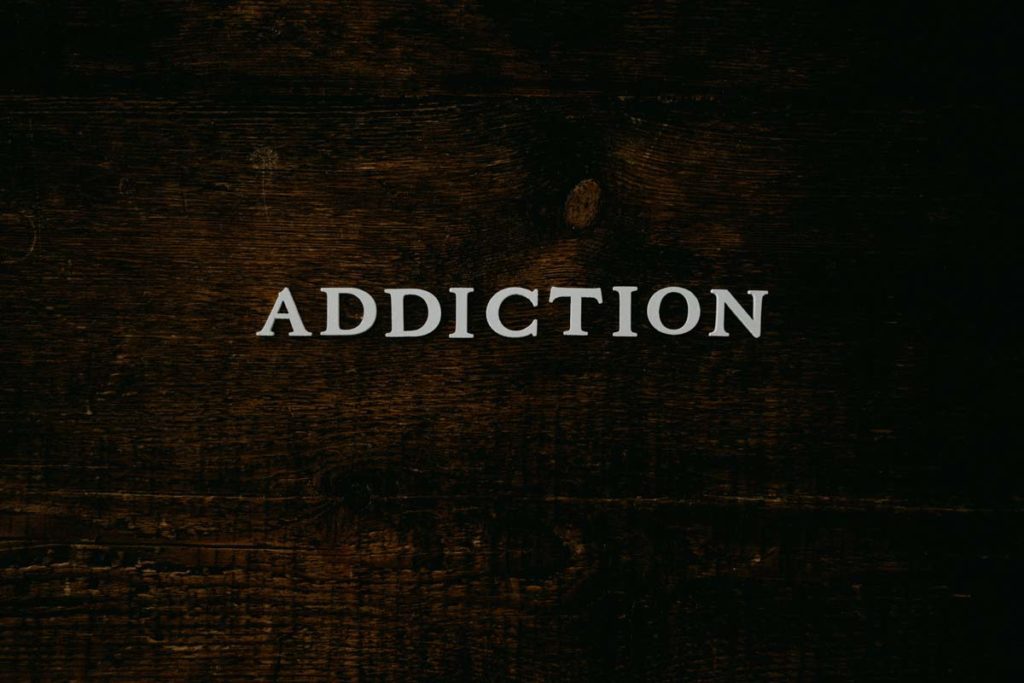Addiction is a powerful illness. Dealing with addiction is similarly hard to do. When turning to sobering efforts, a person should have access to the best Indianapolis alcohol treatment facility for them. With no guidance, finding the right treatment center can be further detrimental to a person’s health. If you want to make the right decision, knowing what makes a good facility is incredibly important.
When struggling with addiction, a person often has a history of mental illness. In these circumstances, a dual-diagnosis treatment facility is essential. This is a facility that treats both addiction issues and mental health issues separately. A worthy facility should also offer evidence-based treatment, verified as effective by scientists.
Dual Diagnosis Treatment at an Indianapolis Alcohol Rehab

Mental illness could be the source of addiction issues. Combined with alcohol addiction, mental illness can lead a person to fail at work, be unable to socialize with new people, or remain close to their loved ones. Self-medicating with alcohol is common for people in this situation, but only ensures the addiction cycle continues.
Sobriety is key to ensuring therapy for mental health is effective. If someone sees a counselor to help with their issues, but still relies on alcohol during treatment, progress won’t be made. Long-term alcohol abuse can lead to further mental health symptoms, so it’s key to try and beat the addiction first.
With dual diagnosis treatment, a person is helped with both addiction and mental illness. Both non-addictive medications, and various natural methods, can be used within the treatment. Dual diagnosis treatment can be effective for people living with:
- Anxiety
- Depression
- Bipolar disorder
- ADHD
- PTSD
Evidence-Based Treatment Methods

In recent years, plenty of research into addiction recovery has brought about a wide range of therapeutic methods for staying sober. During addiction, brain functions tend to change, and therapy is required to rewire these brain functions. Known as evidence-based treatment, these methods have been reviewed by addiction specialists, and have been proven to work.
An example of evidence-based therapy is cognitive-behavioral therapy (CBT). CBT is used to change negative thought patterns and unhelpful behaviors. Alcohol cravings tend to stem from a person’s thoughts and emotions, turning a person to drink. CBT is used to allow a person to examine these thoughts and behavior patterns. This process enables a healthy and strong recovery by working on the root of a person’s issues.
Ongoing Care After Treatment
Recovery from addiction takes time, and many setbacks are involved. Treatment takes time, and the best alcohol treatment centers in Indianapolis will allow you to work with treatment professionals. These professionals will develop an aftercare plan alongside you, and provide many aftercare options. For example, outpatient treatment, which means a patient will continue to receive support from the facility they work with after they leave the program.
If sobriety is something you wish to work for, our facility specializes in both dual diagnosis treatment and evidence-based therapy. Get in touch with us at (855) 495-1063 to learn more.

